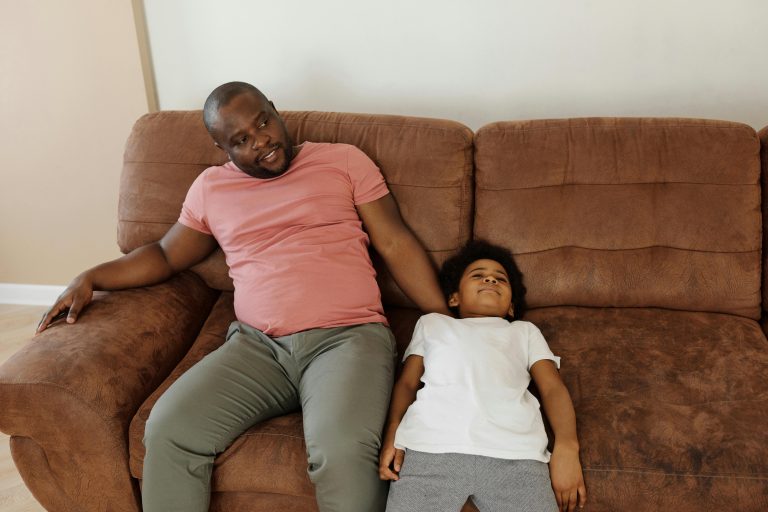When a marriage ends, the default societal expectation is that the mother will assume full responsibility for the children. Fathers who step away- whether by choice or circumstance- are often met with a resigned shrug. Meanwhile, mothers who consider leaving their children behind face harsh judgment, labeled as selfish, neglectful or even unnatural.
But in a world where single motherhood is the norm rather than the exception, should women start embracing the idea that leaving their kids behind is a viable option?
Women are almost universally expected to bear the brunt of child-rearing post-divorce. The assumption is that a good mother will always prioritize her children above all else, even at the cost of her personal well-being. Men, on the other hand, are frequently given a pass- excused due to career demands, emotional unavailability or the ingrained belief that they are less equipped for caregiving.
Yet, many fathers who remain actively involved in their children’s lives post-divorce are celebrated as exceptional. This double standard perpetuates an imbalance where women are shamed for wanting to share, or even give up parental duties while men are congratulated for simply showing up. If we truly believe in gender equality, shouldn’t women have the same option to walk away without condemnation?
A mother leaving her children behind- whether to pursue a career, rebuild her life or because she believes they are better off with their father- is considered a moral failing. Society is quick to condemn her as unnatural, as if motherhood is not just a role but an inescapable destiny.
Contrast this with how absentee fathers are perceived: some criticism, yes, but largely acceptance. The legal system itself often assumes that children belong with their mothers, further reinforcing the expectation that women should always be the primary caregivers. If a woman chooses otherwise, she is seen as less of a mother, or worse, less of a woman.
Should women, then, begin actively considering the option of stepping away from child-rearing after divorce, just as men have historically done? The answer isn’t simple. Every situation is unique, and many mothers genuinely want to be their children’s primary caregivers. But for those who do not- or cannot- should they be vilified for making a choice that men have been making for centuries?
A woman who chooses to leave her children behind might not be unloving or selfish; she might be making a rational decision in the best interest of everyone involved. Perhaps the father is more emotionally stable, financially secure or simply better suited to primary caregiving. Maybe she is struggling with mental health, lacks support or wants to reclaim her own identity outside of motherhood.
If we are to move toward true parental equality, we must shift our perspectives on caregiving roles. Women should not be expected to carry the sole responsibility by default, nor should they be demonized if they choose to walk a different path. Fathers must be held to the same standards of accountability, and single parenting should not be seen as an automatic duty for mothers alone.
This is not to say that leaving children behind is an easy or desirable choice, but it should be an option women can consider without being condemned. If fathers can leave without their worth being questioned, why can’t mothers? It’s time we start asking: Is motherhood a role women should be obligated to fulfill at all costs, or is it a choice- just like fatherhood has always been?

